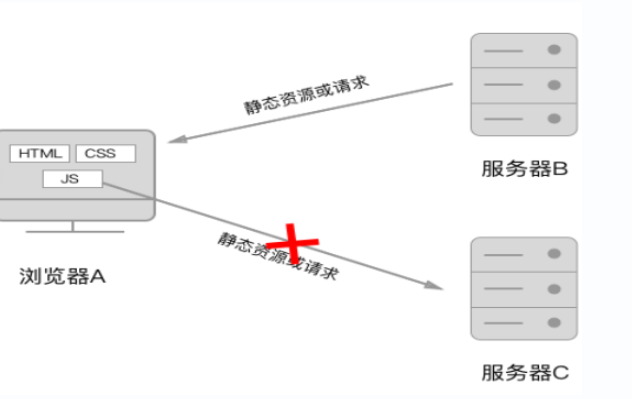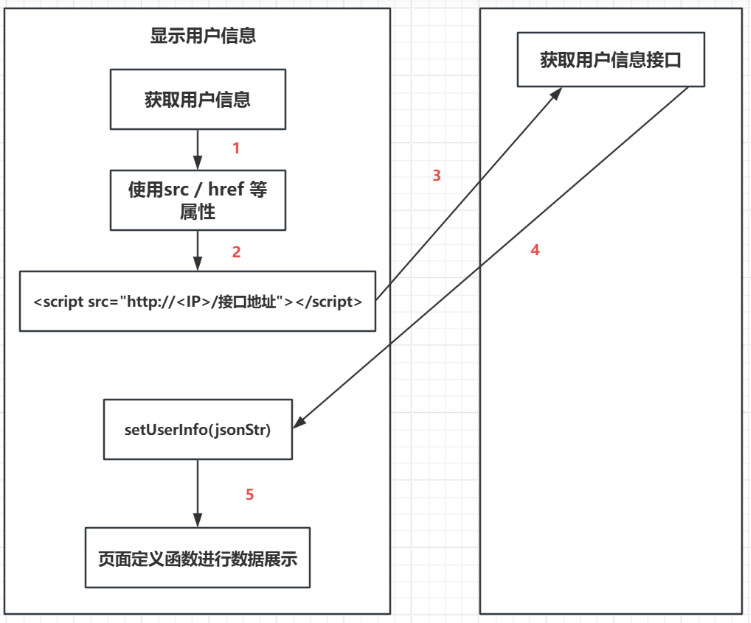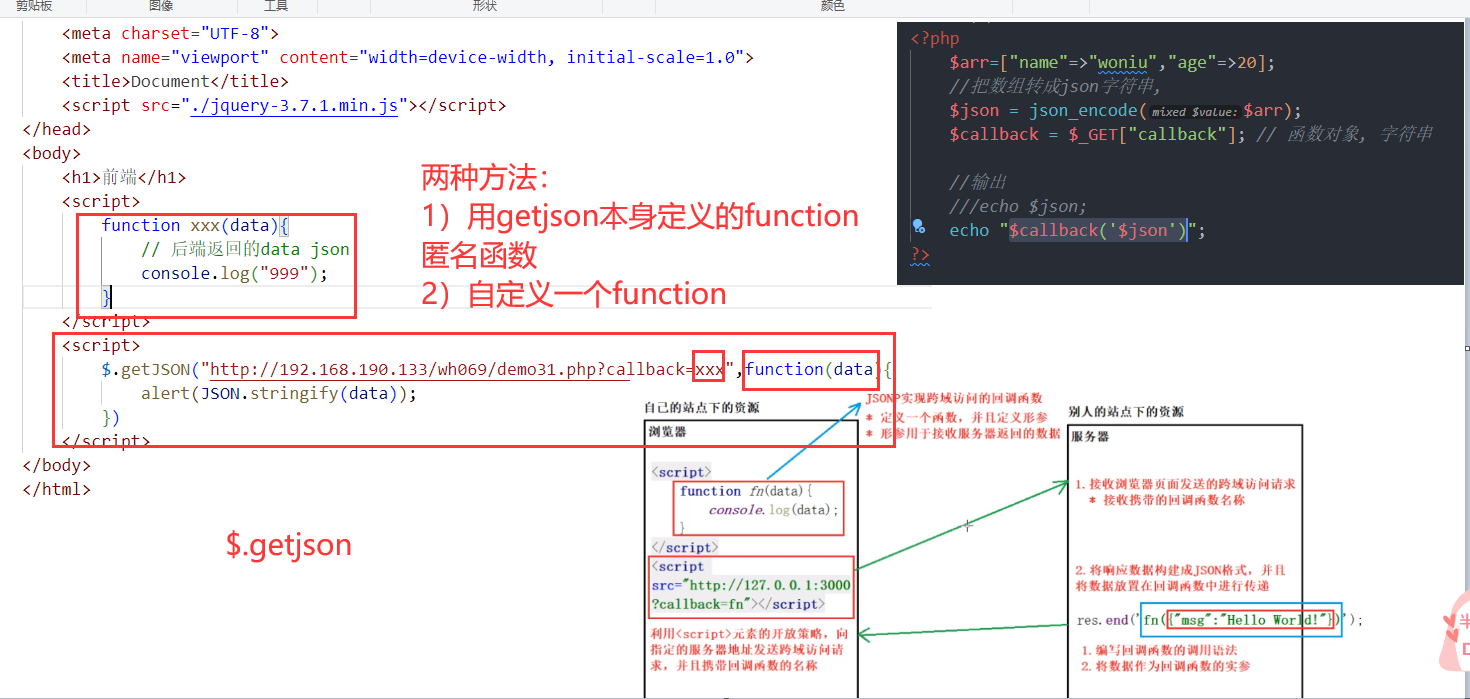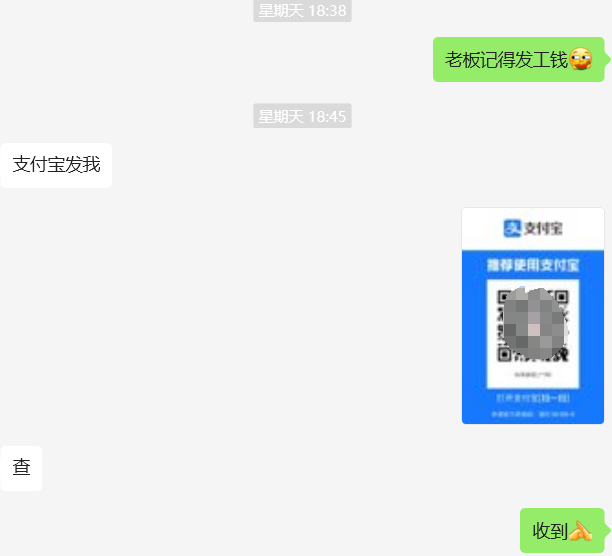1 概述
定义
json存在的意义:
不同类型的语言,都能识别json
JSONP(JSON with Padding)是JSON的一种“使用模式”,可用于解决主流浏览器的跨域数据访问的问题。由于同源策略,一般来说位于 server1.example.com 的网页无法与不是 server1.example.com的服务器沟通,而 HTML 的

- 跨域:浏览器A从服务器B获取的静态资源,包括Html、Css、Js,然后在Js中通过Ajax访问C服务器的静态资源或请求。即:浏览器A从B服务器拿的资源,资源中想访问服务器C的资源。
- 同源策略:同一个请求协议(如:Http或Https)、同一个Ip、同一个端口,3个全部相同,即为同源。
2 demo
后端
<?php
$arr=["name"=>"woniu","age"=>20];
//把数组转成json字符串,
$json = json_encode($arr);
//输出
echo $json;
?>
前端
<!DOCTYPE html>
<html lang="en">
<head>
<meta charset="UTF-8">
<meta name="viewport" content="width=device-width, initial-scale=1.0">
<title>Document</title>
<script src="./jquery-3.4.1.min.js"></script>
</head>
<body>
<h1>前端</h1>
<script>
$.getJSON("后端的地址",function(data){
alert(JSON.stringify(data));
})
</script>
</body>
</html>
用户访问
192.168.190.134/woniu/demo31.html
查看控制台:

解决方案
- JSONP
- CORS
3 JSONP


后端
<?php
$arr=["name"=>"woniu","age"=>20];
//把数组转成json字符串,
$json = json_encode($arr);
$callback = $_GET["callback"]; // 函数对象, 字符串
//输出
///echo $json;
echo "$callback('$json')";
?>
前端
# 方法一:
<!DOCTYPE html>
<html lang="en">
<head>
<meta charset="UTF-8">
<meta name="viewport" content="width=device-width, initial-scale=1.0">
<title>Document</title>
<script src="./jquery-3.7.1.min.js"></script>
</head>
<body>
<h1>前端</h1>
<script>
// function xxx(data){
// // 后端返回的data json
// console.log("999");
// }
</script>
<script>
$.getJSON("http://192.168.190.133/wh069/demo31.php?callback=?",function(data){
alert(JSON.stringify(data));
// alert(JSON.parse(data)); // 反序列化
// json:序列化和反序列化
})
</script>
</body>
</html>
# 方法二:
<!DOCTYPE html>
<html lang="en">
<head>
<meta charset="UTF-8">
<meta name="viewport" content="width=device-width, initial-scale=1.0">
<title>Document</title>
<script src="./jquery-3.7.1.min.js"></script>
</head>
<body>
<h1>前端</h1>
<script>
function xxx(data){
// 后端返回的data json
alert(JSON.stringify(data));
}
</script>
<script src="http://192.168.190.133/wh069/demo31.php?callback=xxx">
</script>
</body>
</html>


















